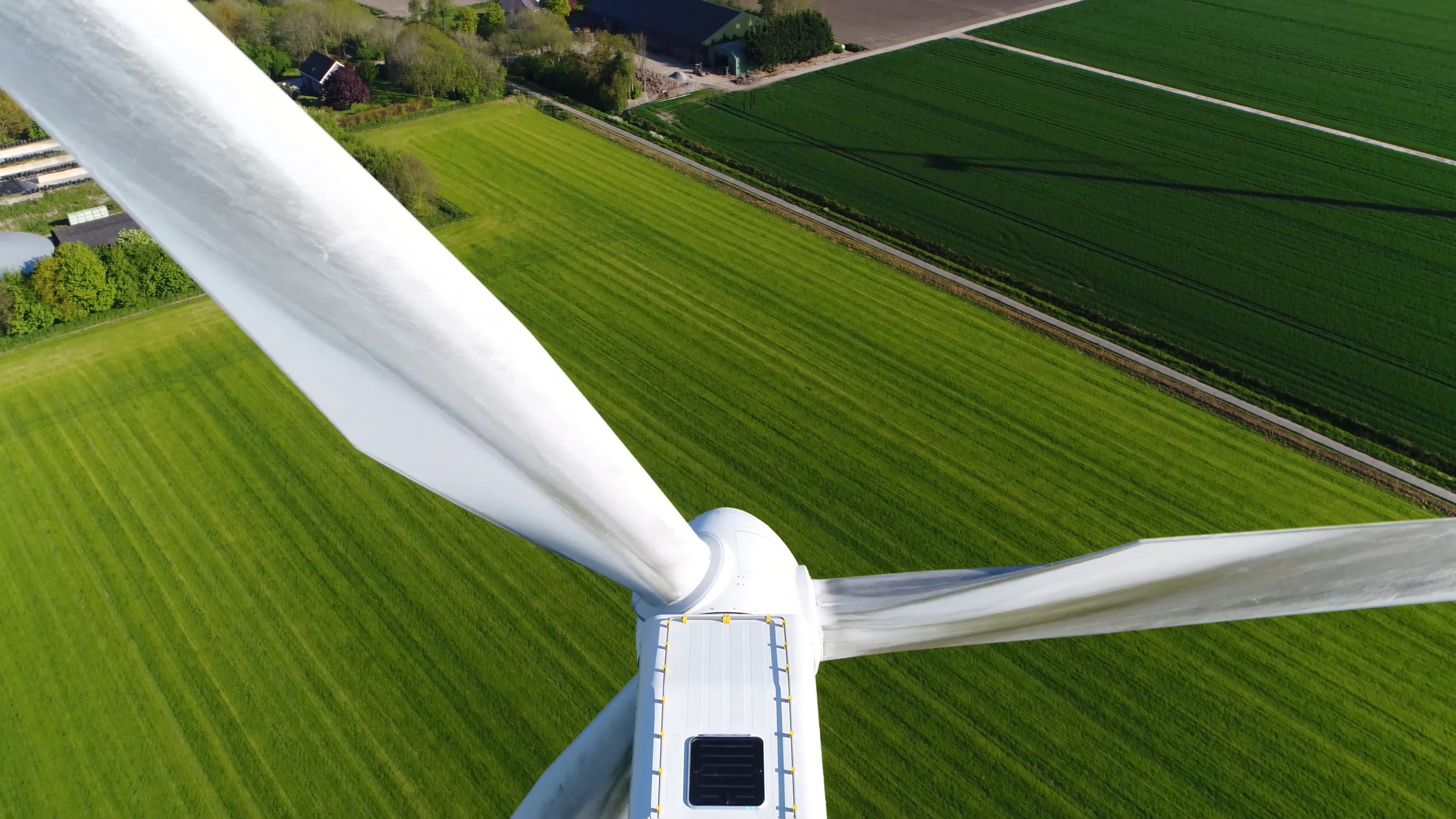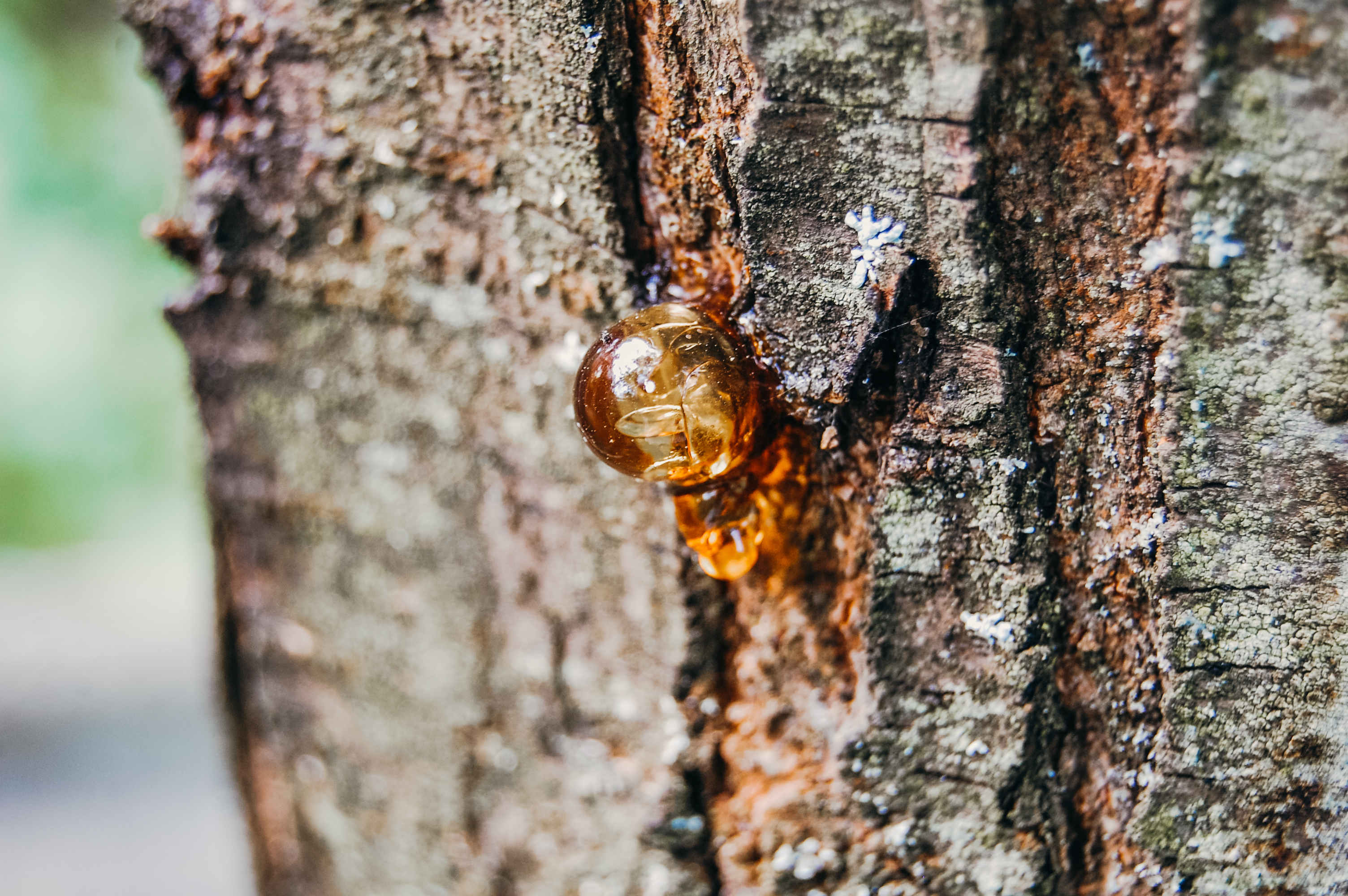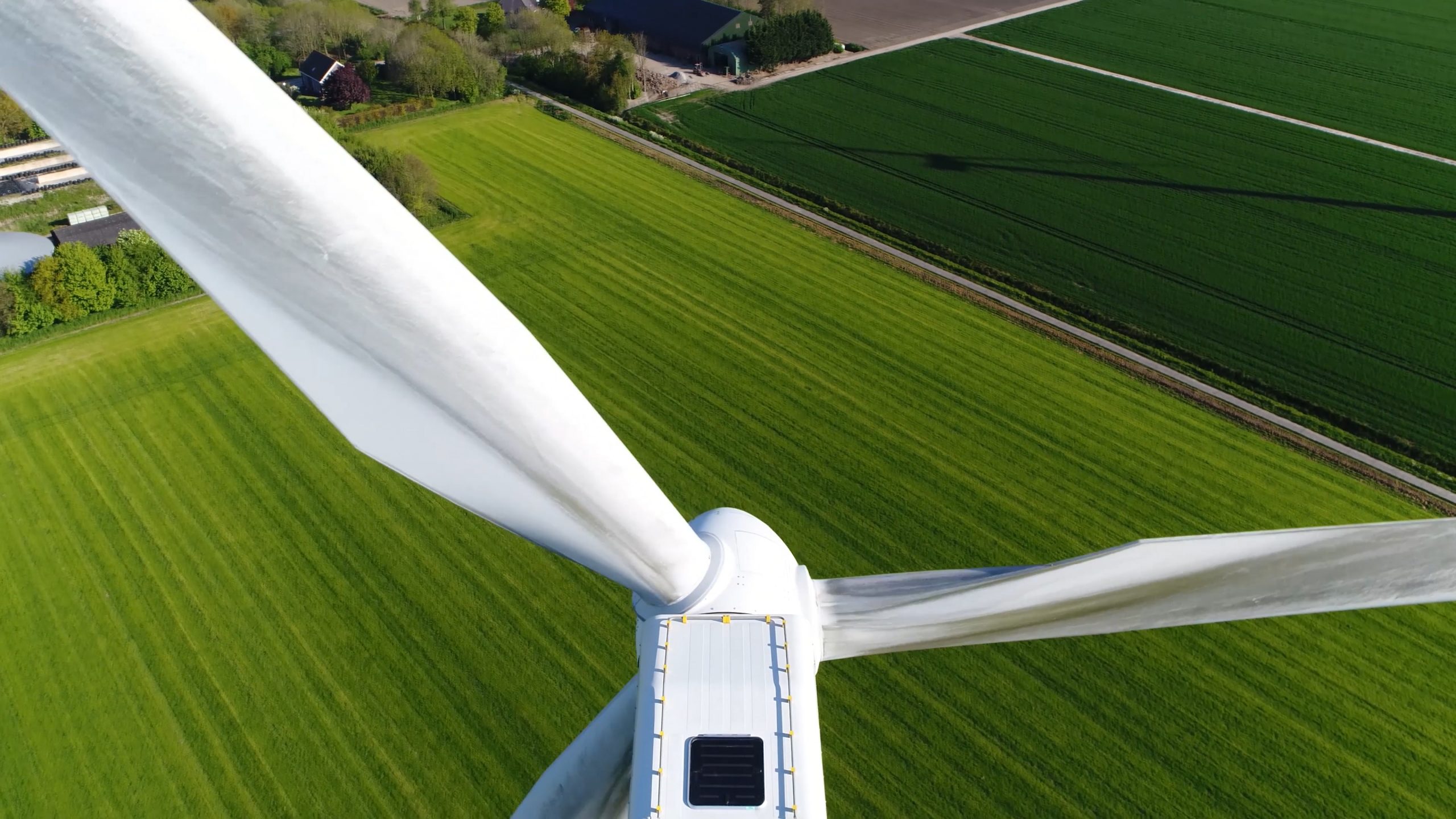PFN’s accelerated journey towards climate neutrality
WE accelerate our journey towards climate neutrality through Borealis Bornewables™ polymers for personal hygiene fabrics
- PFNonwovens Group (PFN) reduces eco-footprint of nonwovens and sets new industry standard with Bornewables™ polypropylene (PP) for absorbent hygiene products.
- Bornewables PP from ISCC PLUS mass balanced certified second-generation renewable feedstock derived entirely from waste and residue vegetable oil streams.
- Industrial partnership embodies the Borealis EverMinds™ spirit of accelerating circularity and minimising carbon dioxide (CO₂) emission.
The nonwovens industry is moving towards a circular business model. As the growing world population is increasingly depending on soft and lofty nonwoven materials for absorbent products in everyday personal hygiene, from baby diapers to feminine hygiene products and incontinence care, certified renewable ™ polymers from Borealis help us to combine efficient processability with significant benefits for the climate.
Significantly better environmental profile
In order to achieve our mission and offer value-added as well as more sustainable solutions to our customers, we teamed up with Borealis to enhance our production of nonwoven materials for the personal hygiene market and set a new industry standard by using PP resins for spunbond and meltblown solutions. “Anticipating the growing demand for more sustainable nonwoven solutions, we have focused our development resources over the past several years on the circular sphere to accelerate our journey towards climate neutrality,” explains Tonny De Beer, Chief Product, Technology & Sustainability Officer at PFNonwovens Group. “For PFN’s nonwoven products, fossil-based resins are today the main contributor to the carbon footprint. Therefore, using the Borealis Bornewables instead of standard fossil-based resins will significantly reduce the carbon footprint, even enabling products with a carbon footprint under zero.”


Re-inventing essentials for sustainable living
The Bornewables PP we use is made with the second-generation raw material feedstock derived entirely from waste and residue vegetable oil streams. The renewable content in all Bornewables products is mass balance accredited under the (International Sustainability and Carbon Certification) PLUS certification standard, confirming their authenticity and fully transparent traceability from the raw materials to the finished products.
“The combination of our expertise in polymer science and development with PFN’s processing know-how has resulted in nonwovens that make full use of the Bornewables advantages to minimise CO₂ emissions. Together we are reducing both waste and fossil depletion, while delivering cost-efficient products for the hygiene market with a premium look and feel,” adds Peter Voortmans, Global Commercial Director Consumer Product at Borealis. “At the same time, it serves as a role model of Borealis’ commitment to re-invent essentials for sustainable living in collaboration with value chain partners who share common goals.”
Taking a stand against climate change
Borealis adopted the mass balance approach for its renewable and chemically recycled polymers to provide products addressing climate change and circularity. The mass balance approach allows manufacturers to trace the exact share of sustainable feedstock allocated to their products, and Borealis’ ISCC PLUS certificates are audited annually to ensure that all requirements are met. Mass balancing makes it possible for customers to meet ambitious sustainability targets and stay on top of changing legislation. For PFN this means that for every tonne of certified Bornewables PP used in production, a maximum equivalent amount of nonwoven material can be claimed as certified renewable.

Maybe interested in

FVE PFNonwovens 999
Tento projekt je spolufinancován ze systému EU pro obchodování s emisemi prostřednictvím Modernizačního fondu.

PFNonwovens proudly celebrates its 5th anniversary
Global nonwoven fabric manufacturer PFNonwovens proudly celebrates its 5th anniversary marking significant achievements including expansion initiative... READ MORE

PFN’s accelerated journey towards climate neutrality
WE accelerate our journey towards climate neutrality through Borealis Bornewables™ polymers for personal hygiene fabrics




